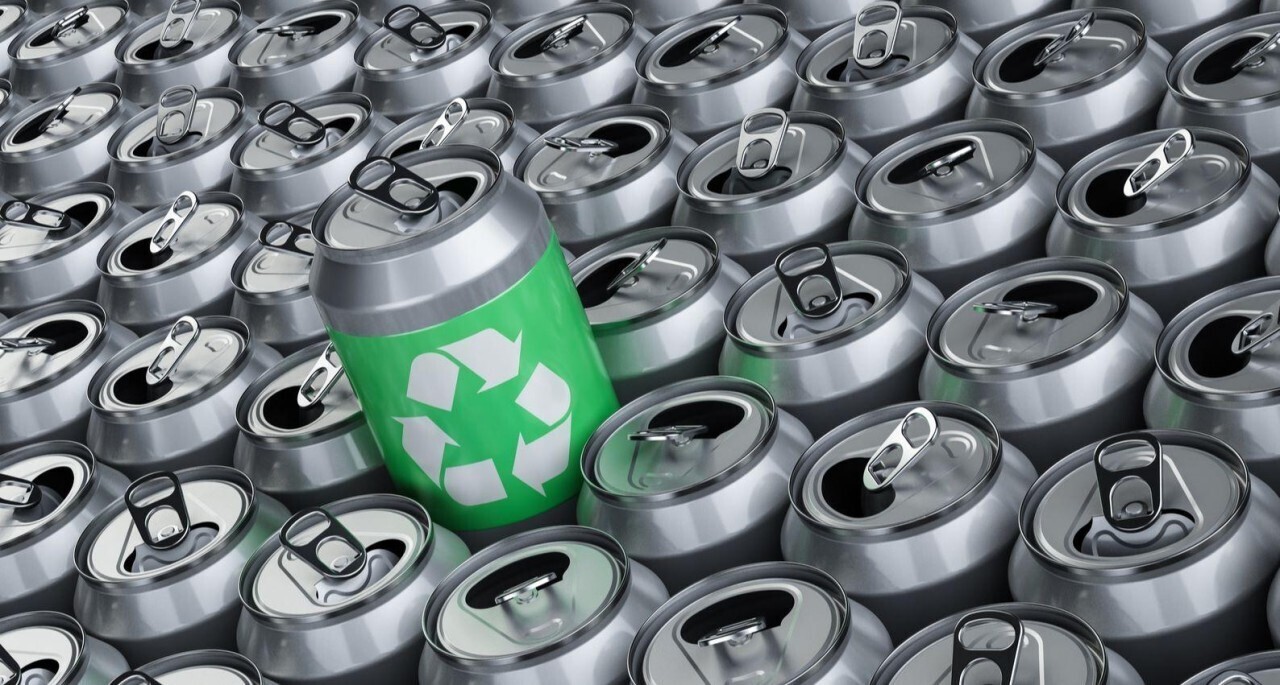

On Wednesday, April 24, WM, the operator of curbside recycling for D.C. and Baltimore, unveiled a state-of-the-art $50 million recycling facility in Elkridge, Maryland. Having started operations in late 2024, the facility is set to significantly enhance the quality and efficiency of recycling services across the District and nearby communities, according to company executives.

WM officials report that the facility's enhanced sorting technology is already yielding positive results, with recyclable bale quality improving by over 10 per cent, according to Hemmer. Around 60 per cent of the recovered cardboard and paper is exported to international markets, while all non-fibre materials—such as aluminium cans and plastic bottles—are processed and reused within the U.S.
"This facility represents a major investment in sustainability and technology. With this new technology, we're able to recover more materials from the recycling stream and significantly reduce what ends up in landfills," said Tara Hemmer, WM's chief sustainability officer.
The newly constructed facility now serves as the main hub for all curbside recycling collected in Washington, D.C. It also handles recyclables from numerous municipalities throughout the Greater Baltimore-Washington region, including Howard, Anne Arundel, Frederick, and Carroll counties, Baltimore City, and parts of Northern Virginia, such as Fairfax and Arlington.
The facility can process over 250,000 tonnes of recyclables each year, with a throughput of 65 tons per hour. Central to its operations are high-tech optical sorters and ballistic separators that accurately identify and sort materials such as paper, plastics, and metals. Much of the plant's workflow is digitally managed, with workers using tablets to monitor and control operations on the ground.
"What you're looking at are machines that can sort up to 1,000 items per minute. The system is customizable and can adjust to target specific materials like PET plastic, PVC, and mixed paper," added Chris Pilzer, a sustainability expert with WM, during a tour of the facility.
Despite these advancements, officials stress the importance of continued community participation. Contamination, especially from hazardous items like lithium batteries, remains a significant challenge in curbside recycling bins.



Responses






